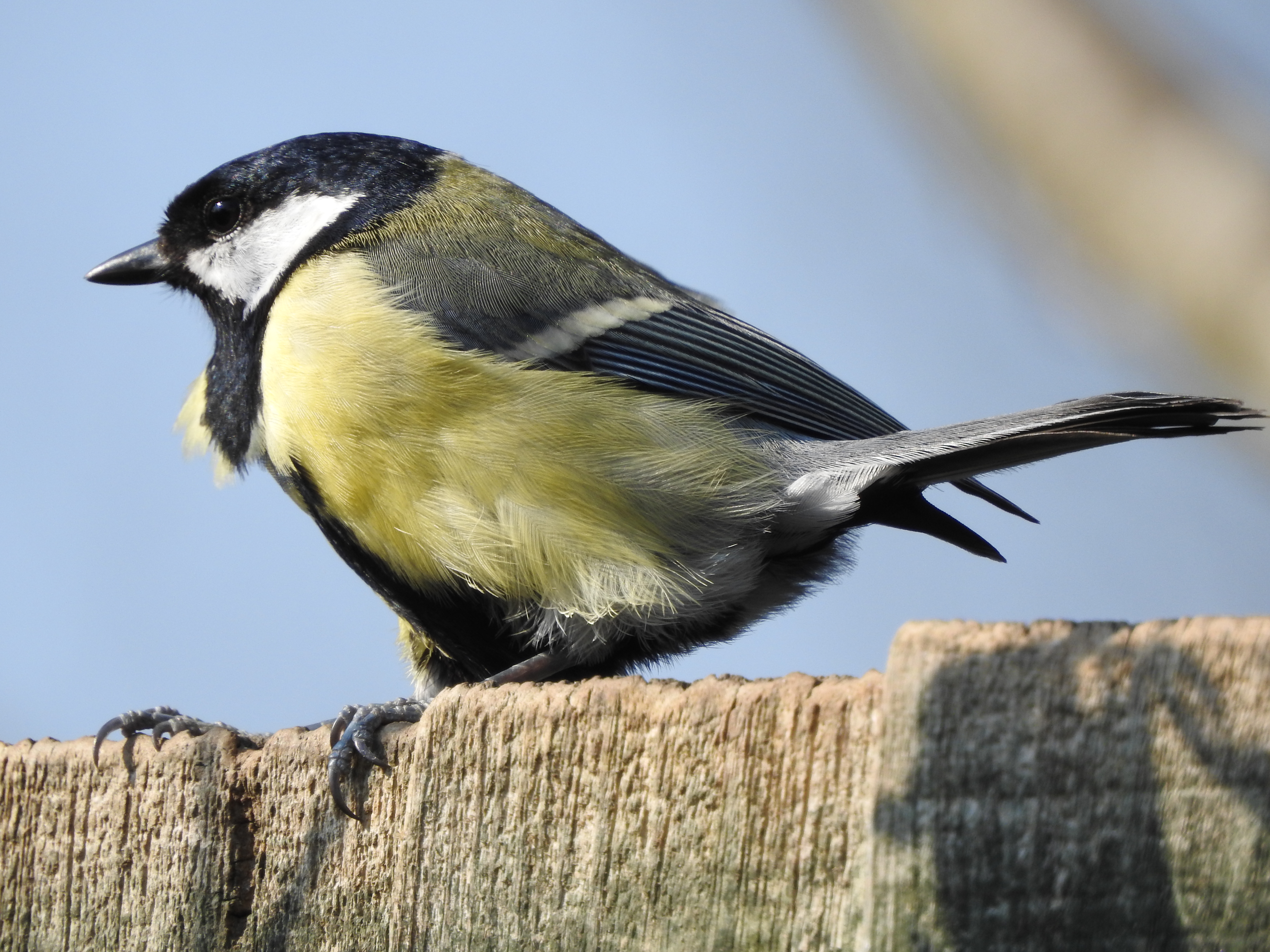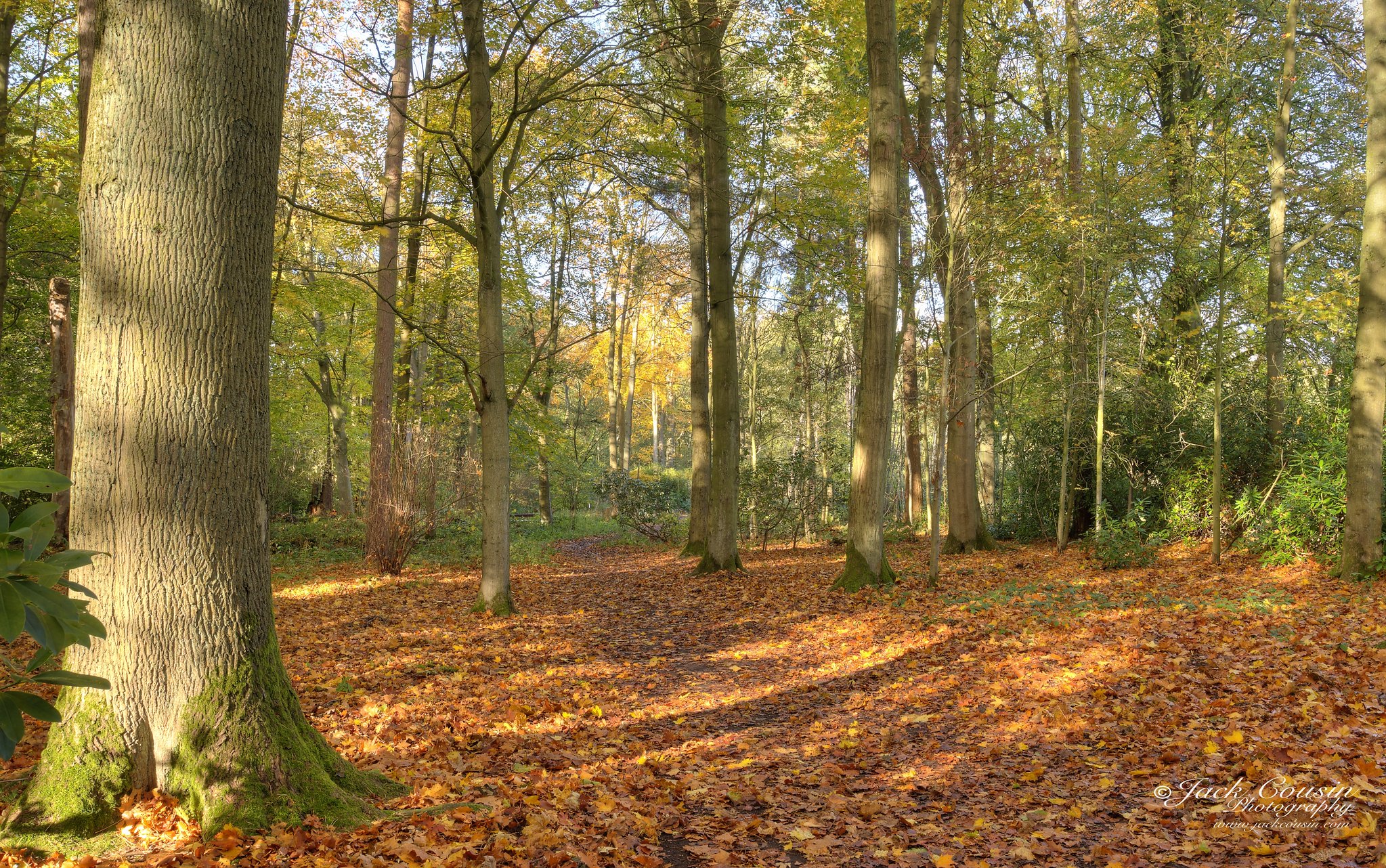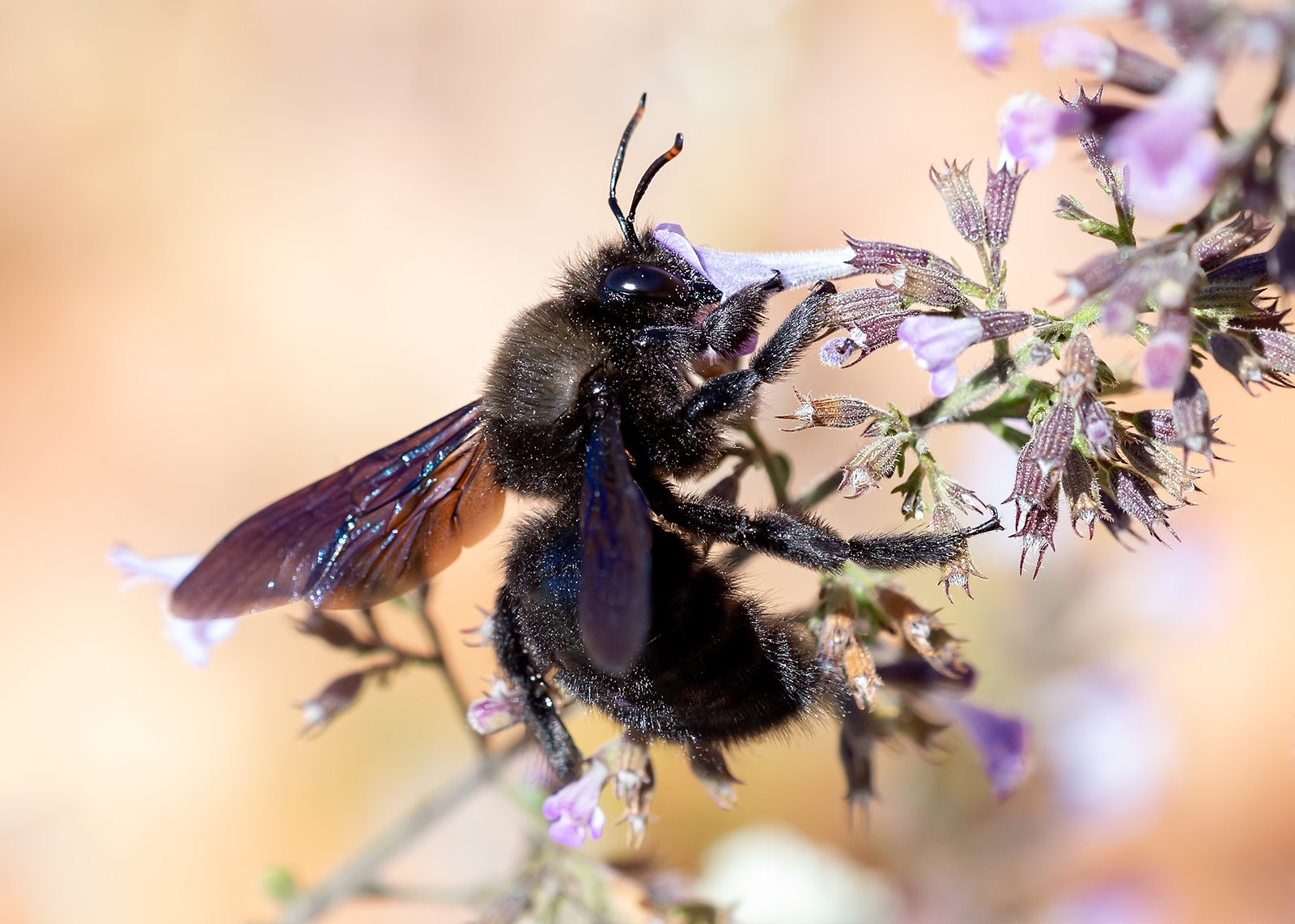The Guardian and Business Fast report a huge amount of effort and planning will be required to fulfil Boris Johnson’s 10 pledges to tackle the climate emergency – by Rebecca Newsom, head of politics at Greenpeace UK. After many weeks of speculation, the prime minister has finally announced his “10-point plan” for a green industrial revolution.
A recent analysis by Green Alliance showed that the UK is on course to reduce its emissions by less than a fifth of what’s required for its next round of climate targets. Joint analysis in September by The Climate Coalition, including Greenpeace, WWF, the Women’s Institute, National Trust and the RSPB concluded that at least £95bn of government investment is needed over the rest of this parliament to build back better and deliver a sustainable, inclusive, and resilient society.



 In late August, the adults emerge from a dead tree trunk or other old wood where they have spent the larval stage. After mating in late April or May, female bees bore holes in rotten wood and lay eggs in separate chambers, each one sealed in with a store of pollen so the emerging larvae can have a good start in life.
In late August, the adults emerge from a dead tree trunk or other old wood where they have spent the larval stage. After mating in late April or May, female bees bore holes in rotten wood and lay eggs in separate chambers, each one sealed in with a store of pollen so the emerging larvae can have a good start in life.